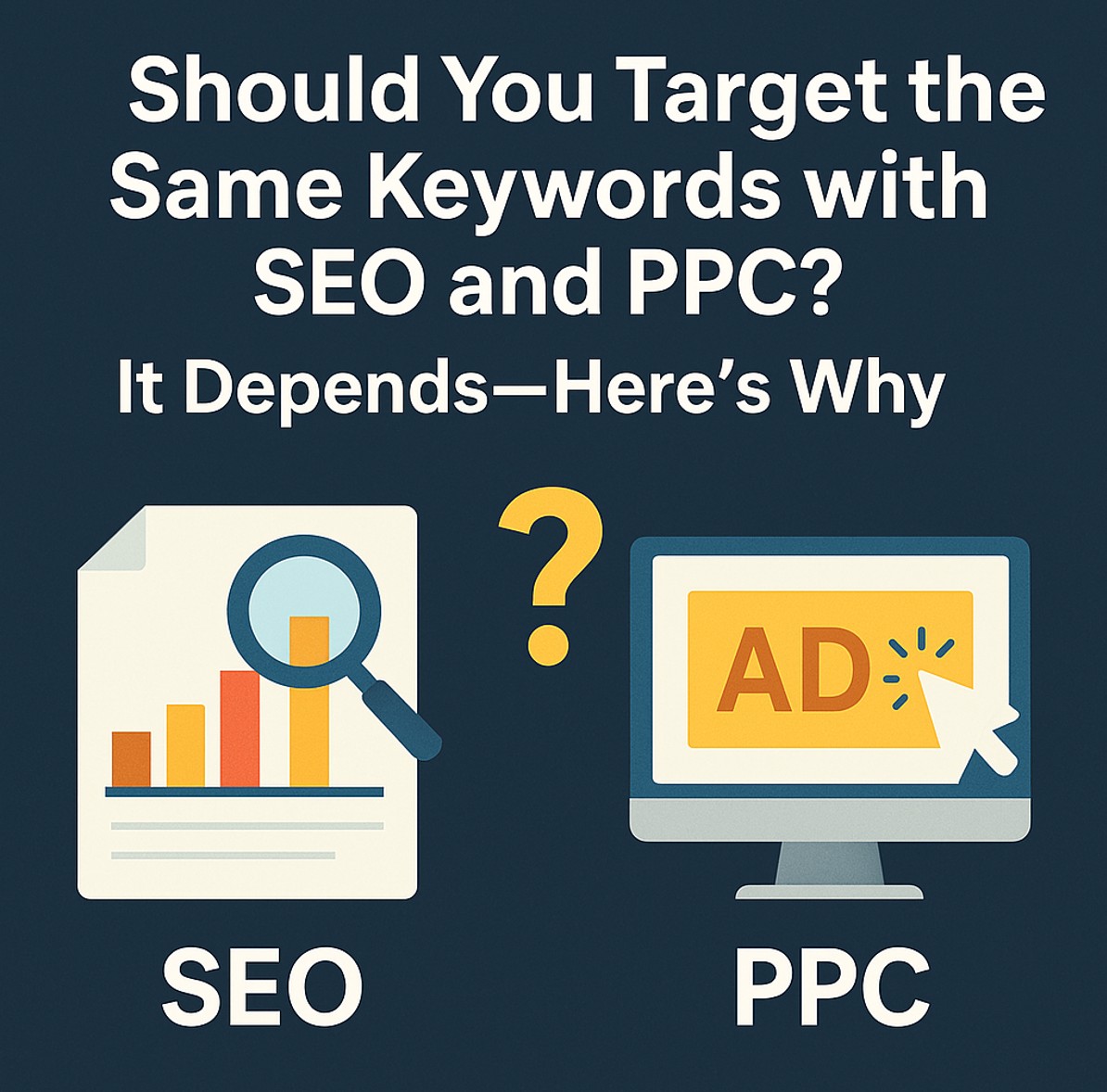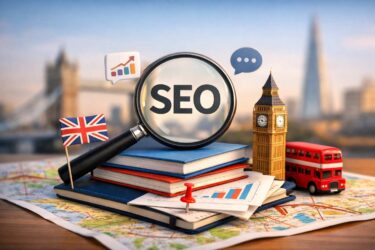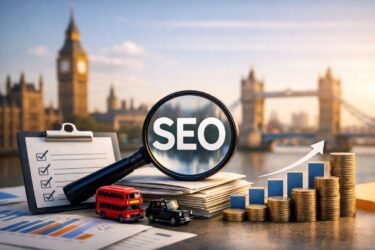The question of whether to target the same SEO keywords and PPC keywords is a common one in the digital marketing world. The simple answer is: it depends. There’s no one-size-fits-all solution, and the optimal strategy depends on your specific business goals, resources, and competitive landscape. This article explores the nuances of keyword targeting in both SEO and PPC, helping you determine the best approach for your situation.
Understanding the Fundamentals of SEO and PPC
Before diving into the debate, let’s recap the core principles of Search Engine Optimization (SEO) and Pay-Per-Click (PPC) advertising:
- SEO: SEO involves optimizing your website and content to rank higher in organic search results. This involves a blend of on-page optimization (keyword usage, content quality, technical SEO) and off-page optimization (link building, brand mentions). Success requires expertise and a long-term perspective, as results are not immediate.
- PPC: PPC advertising, primarily through platforms like Google Ads, allows you to bid on keywords and display ads in search results and across a network of websites. You pay each time someone clicks on your ad. PPC offers immediate visibility but requires ongoing management and budget allocation to maintain profitability.
The Arguments for Targeting the Same Keywords
Targeting the same SEO keywords and PPC keywords can offer several advantages:
- Increased Visibility: Dominating both organic and paid search results for relevant keywords can significantly increase your brand’s visibility. This “double exposure” can build trust and drive more traffic to your website. This tactic is best utilized if you have a high conversion rate and optimized landing pages that are built around target keywords.
- Data Collection and Insights: Running PPC campaigns allows you to quickly gather data on which keywords are driving conversions. This information can then inform your SEO strategy, helping you prioritize keywords with proven commercial value. PPC provides valuable, real-time feedback that SEO often lacks.
- Brand Protection: Bidding on your own brand keywords in PPC can prevent competitors from stealing traffic that would otherwise go to your organic listings. This is especially crucial if your brand name is easily confused with other terms.
- Controlling the Narrative: PPC ads allow you to control the messaging and landing page experience that users see when searching for specific keywords. This can be particularly useful for highlighting promotions, targeting specific demographics, or addressing specific user needs.
The Arguments Against Targeting the Same Keywords
While the advantages of shared keyword targeting are compelling, several factors might suggest a different strategy:
- Budget Constraints: If you have a limited marketing budget, focusing on different keywords for SEO and PPC might allow you to reach a wider audience and diversify your traffic sources. You may choose to use PPC to test out some keywords and then integrate the successful ones into your SEO strategy.
- Keyword Performance Differences: Certain keywords might perform well in SEO but not in PPC, or vice versa. Factors such as competition, search intent, and cost-per-click can influence the effectiveness of a keyword in each channel. You need to focus on your specific audience and how that is reflected in their search behaviors to make the correct decision.
- Cannibalization Concerns: In rare cases, having both a high-ranking organic listing and a prominent PPC ad for the same keyword might cannibalize traffic. Users might click on your ad instead of your organic result, increasing your advertising costs without significantly increasing overall traffic. This outcome is unlikely if you have optimized your landing pages to convert traffic.
- Varying User Intent: SEO and PPC often attract users with different intent. SEO typically caters to users seeking information or research, while PPC is more effective for targeting users ready to make a purchase. You can tailor your keyword targeting to reflect these different stages of the buyer’s journey.
Determining the Best Approach: A Strategic Framework
The optimal strategy depends on your specific circumstances. Here’s a framework to guide your decision-making:
- Define Your Goals: What are you trying to achieve with your digital marketing efforts? Are you focused on brand awareness, lead generation, or direct sales?
- Analyze Your Keyword Landscape: Conduct thorough keyword research to identify relevant SEO keywords and PPC keywords with varying search volumes, competition levels, and user intent. Use keyword research tools to analyze the landscape.
- Assess Your Resources: How much time and budget do you have to dedicate to SEO and PPC?
- Evaluate Your Competition: What keywords are your competitors targeting in both organic and paid search?
- Test and Iterate: Continuously monitor the performance of your SEO and PPC campaigns, and adjust your keyword targeting strategy based on the data you collect.
- Consider the Long-Term Implications: Recognize that SEO is a long-term investment, while PPC offers immediate results. Balance your efforts accordingly.
The Power of Synergy
Ultimately, the most effective approach often involves a synergistic combination of SEO and PPC. By strategically targeting keywords across both channels, you can maximize your visibility, gather valuable data, and drive more qualified traffic to your website. Remember to leverage the insights gained from PPC to refine your SEO keywords and use your SEO rankings to reduce your reliance on paid advertising. By continually improving both, you can benefit from a holistic digital marketing strategy that yields greater results over time.
At Algo Digital, we help businesses make smarter decisions with their search budgets. Whether you’re looking for a technical SEO audit or want help building a data-led keyword plan, we’re here to make it clearer, faster, and more effective.
Get in touch to find out how we can help your team work smarter across paid and organic search.




